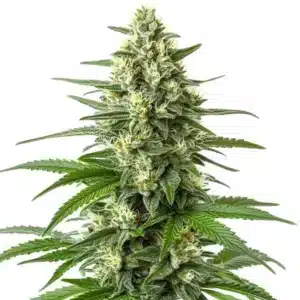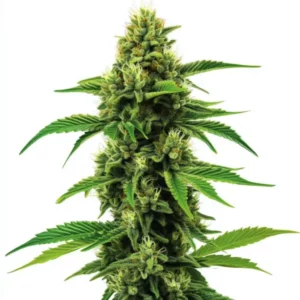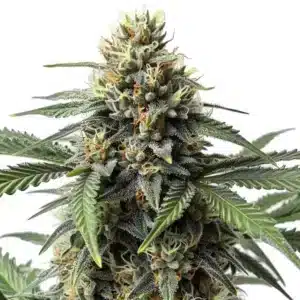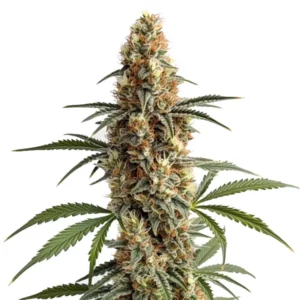
Cannabis Metabolites in Urine: Your Questions Answered
When you consume cannabis, your body breaks down the active compounds into by-products known as cannabis metabolites. These can be found in your urine for days or even weeks after use. Understanding this is essential, especially to navigate situations where a urine test might be required.
What are Cannabis Metabolites?
When you consume cannabis, it’s not just THC or CBD that’s in your system. Your body metabolizes these compounds, creating cannabis metabolites. These are what drug tests actually look for. For example, the THC in a strain would convert into a metabolite known as THC-COOH. This is what lingers in your body and is detectable in urine tests.
Recommended Strains
Narkosis
|
|
THC | 18% (Medium) |
|
|
Type | Feminized |
|
|
Yield | High |
|
|
Phenotype | 60% Indica / 40% Sativa |
Cannatonic
|
|
THC | 4% - 6% (Low) |
|
|
Type | Feminized |
|
|
Yield | High |
|
|
Phenotype | 50% Indica / 50% Sativa |
Metabolites like THC-COOH are lipophilic, meaning they bind to fat in the body. This makes them stay in the system longer and can contribute to a positive drug test even weeks after consumption.
Promos & Deals
Detection Period of Cannabis Metabolites in Urine
How long do cannabis metabolites remain in urine? The answer varies. Factors like your metabolism, hydration, body fat percentage, and the frequency of your cannabis use all impact the detection period. For an occasional user, metabolites might be detectable for up to three days. However, for a frequent user, the detection period can extend beyond 30 days. On average, THC metabolites can be detected for about 3-30 days after use, but heavy users may test positive for even longer.

Removing Cannabis Metabolites from Urine
Can you speed up the process of removing cannabis metabolites? While there’s no magic pill, certain lifestyle changes can help. Increasing your fluid intake, exercising regularly, and eating a healthy diet can all aid your body in eliminating these substances more quickly. Specifically, a diet rich in diuretic vegetables like cauliflower, artichoke, or asparagus can help your body cleanse itself more efficiently.
However, these methods aren’t foolproof and won’t guarantee a clean urine test if it’s close to the time of consumption. The body’s natural detoxification systems work at their own pace, and attempts to speed up this process are often unsuccessful.
Effects of Cannabis Metabolites in Urine
It’s worth noting that these metabolites themselves don’t cause any psychoactive effects. The effects you feel are due to the initial THC and CBD interacting with your body. The metabolites are merely by-products of your body processing these compounds. However, their presence in your urine signifies recent cannabis use, which is why they’re used in drug tests and can lead to consequences such as employment termination or legal issues.
Testing for Cannabis Metabolites in Urine
The most common method is the immunoassay test, which uses antibodies to detect THC-COOH metabolites. If the test is positive, a more accurate gas chromatography/mass spectrometry (GC/MS) test is often conducted to confirm the results. These tests can detect even small amounts of metabolites, making it challenging to pass if you’ve recently consumed cannabis.
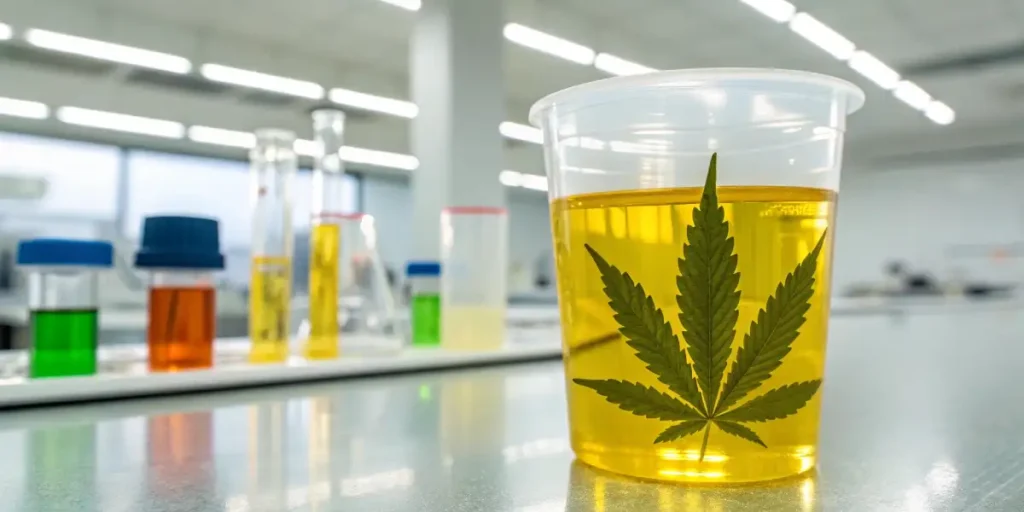
FAQ Section
How long after cannabis consumption can metabolites be detected in urine?
For occasional users, the detection period is typically up to 3 days. For regular or heavy users, it can be 30 days or more. This timeline varies based on metabolism, body fat, and hydration. The method of consumption also affects the detection period; if you ingest cannabis (edibles), it generally takes longer for metabolites to clear from your body compared to smoking or vaping.
What can affect the detection period of cannabis metabolites in urine?
Several factors influence the detection window: your metabolism rate, body fat percentage, and hydration level. The frequency and quantity of your cannabis use are also major factors. Regular consumption of high-THC strains can result in metabolites being detectable for a longer period.
How can I remove cannabis metabolites from my urine faster?
There’s no guaranteed way to rapidly remove them. Lifestyle changes like staying hydrated, maintaining a healthy diet with diuretic vegetables, and exercising regularly can assist your body’s natural process. However, these methods are unlikely to significantly alter a drug test result if use was recent. The only surefire way is to stop consuming and give your body time.
Do cannabis metabolites cause any effects?
No, the metabolites themselves are non-psychoactive. The effects (like euphoria or relaxation) are caused by the original cannabinoids (THC, CBD) interacting with your body’s endocannabinoid system. Metabolites are just the leftover evidence of this process.
How are urine tests for cannabis metabolites conducted?
Testing is typically a two-step process. First, a preliminary immunoassay test screens for the presence of THC-COOH. If that is positive, a more accurate and specific confirmatory test, like gas chromatography/mass spectrometry (GC/MS), is used.




